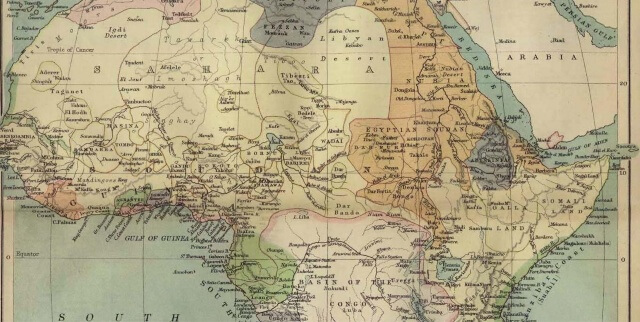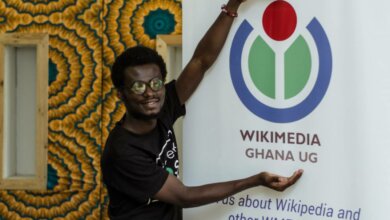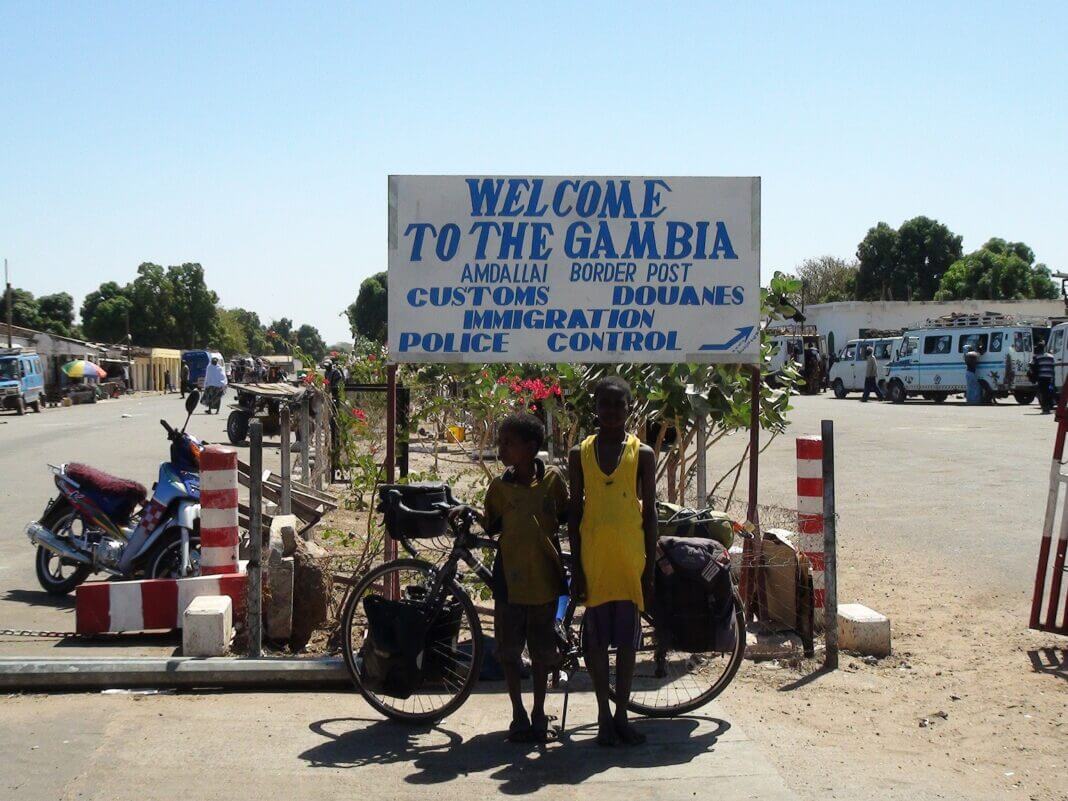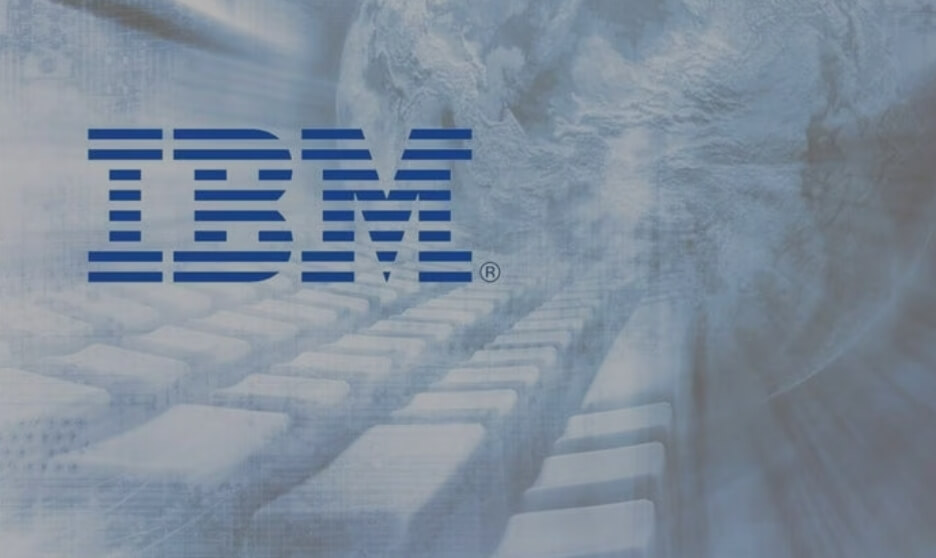“The 499” Legal battle of the Attorney General and Parliament of Ghana
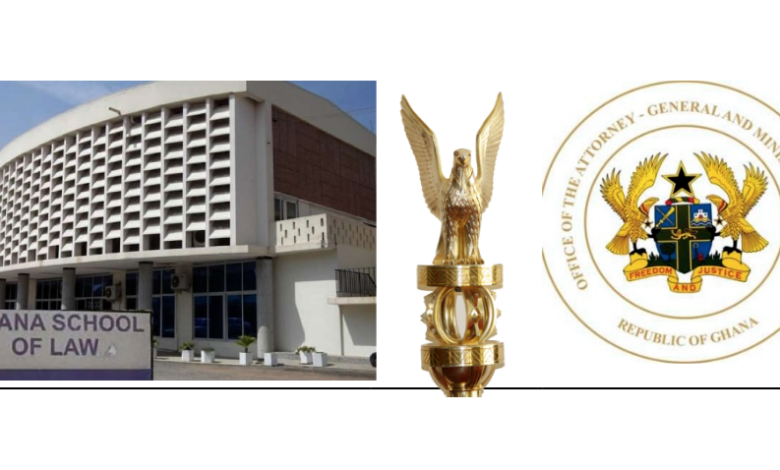
The drama about entrance into the Ghana School of Law (GSL) continues to make headlines every year. Many prospective students, as a result, cannot make it through the entrance exams prepared by the Ghana Legal Council with massive exam failure always being the norm.
In 2019, 7% of the 1820 candidates that sat for the exams were able to make it through, they represented only 128 applicants. This was similar to the previous year, 2018. Amid the public outcry the then Chief Justice Sophia Akuffo in a conference on the theme: ‘the changing landscape in the law-the judge, the lawyer and the academic’ stated that the call for mass production of lawyers will not happen under her watch.
2020 was not an exception, though better. 1050 people were able to cross the 50% pass threshold i.e only 23%, but 3 times higher than in 2019.
Expectations of most people remain the same as they prepare to take this year’s GLS entrance exams. Due to the usual phenomenon, however, many this time prepared like never to exceed the pass mark. As expected, some did but for others, the story remained the same and was even more troubling when some 499 students, who got the pass mark were denied admission on grounds that 50% in both sections of the exams is required and not 50% in totality.
This directive disappointed and angered the 499 students, who hit the streets of Ghana, clad in red to demand their admission. They argued that they had no knowledge about such a rule prior to sitting for their exams and that the new quota is retroactive.
A petition dated 20th October 2021 and signed by the leadership of the National Association of Law Students (NALS) was submitted to parliament and received by the minority leader. The president was petitioned as well on it. NALS also sued the Ghana Legal Council (GLC) and the attorney general as 1st and 2nd respondents respectively at the human rights division of the Accra high court.
After they seem not to be making headway with their protests and petitions, the deputy majority leader in parliament; Alexander Afenyo-Markin, filed a motion on the floor of the house which seeks the house to compel the GLC to admit the 499 students. After a resounding vote in support of the motion, the deputy speaker, who presided over this proceedings, directed the GLC to admit the aggrieved 499 students.
In a reply to the directive by parliament, The Attorney General (A-G) and Minister of Justice, Mr. Godfred Yeboah Dame stated that he’s a leader of the Ghana Bar Association and therefore incumbent upon him that he ensures the admission of the 499 students. He however stated: “exercising legislative power as enshrined in article 106 of the 1992 constitution does not allow for the use of resolutions to control the admission of students into the Ghana School of Law.” He further argues that the GLC is the only institution allowed by the legal profession act, 1960 (act 32) in this matter.
A-G Dame advances his argument that the provision in section 1 (5) of act 32 underscores the capacity of the executive to direct the legal council on major issues of national importance and not the legislature. He continued by stating the president has directed him, pursuant to section 1 (5) of Act 32 to make the necessary intervention with the Ghana legal council to address the 499 students’ situation.
The Minister of Justice concluded by stating that the notice on the Daily Graphic (a leading newspaper in Ghana) on May 14, 2021, only invited suitably qualified Ghanaians and did not state a pass mark. It is obvious from the argument postulated by the attorney general that any action by him to resolve the issue of the 499 is a directive by the president and not that of parliament.
It now remains vague as to who is right in this legal combat, the attorney general, or the parliament of Ghana respectively. Share your thoughts…
Written by ABDUL-BAARI BAKPA
Abeeb Lekan Sodiq is a Managing Editor & Writer at theafricandream.net. He is as well a Graphics Designer and also known as Arakunrin Lekan.

